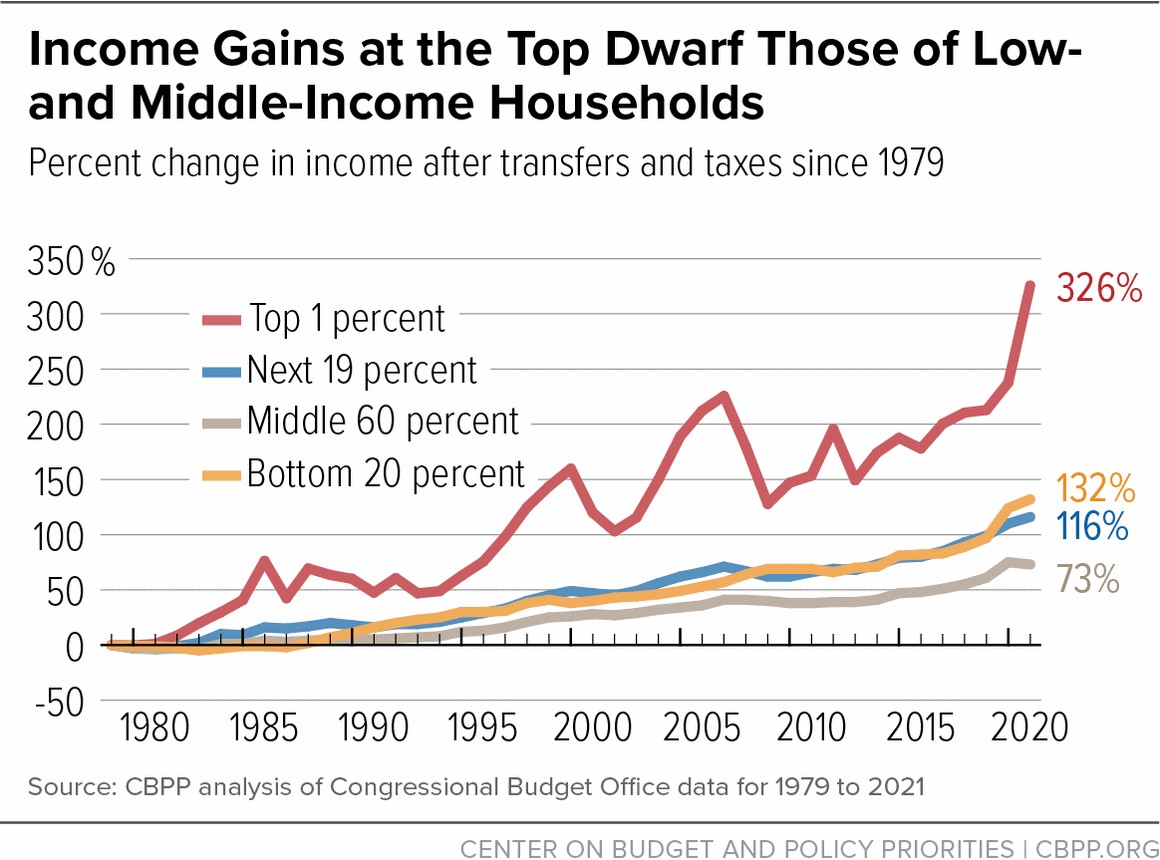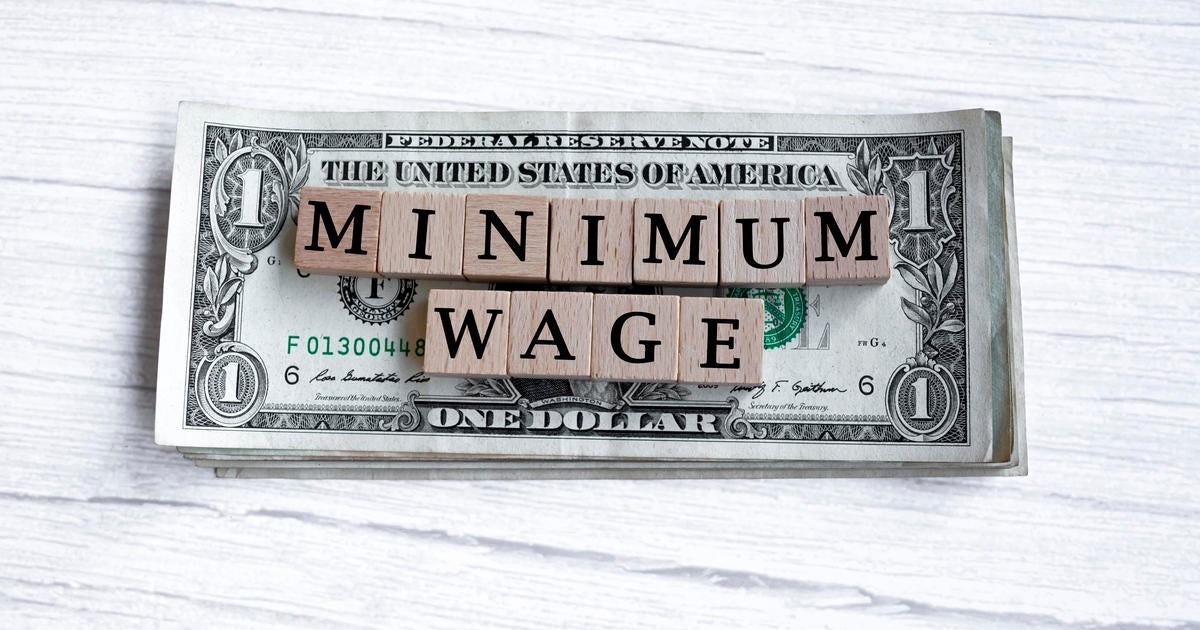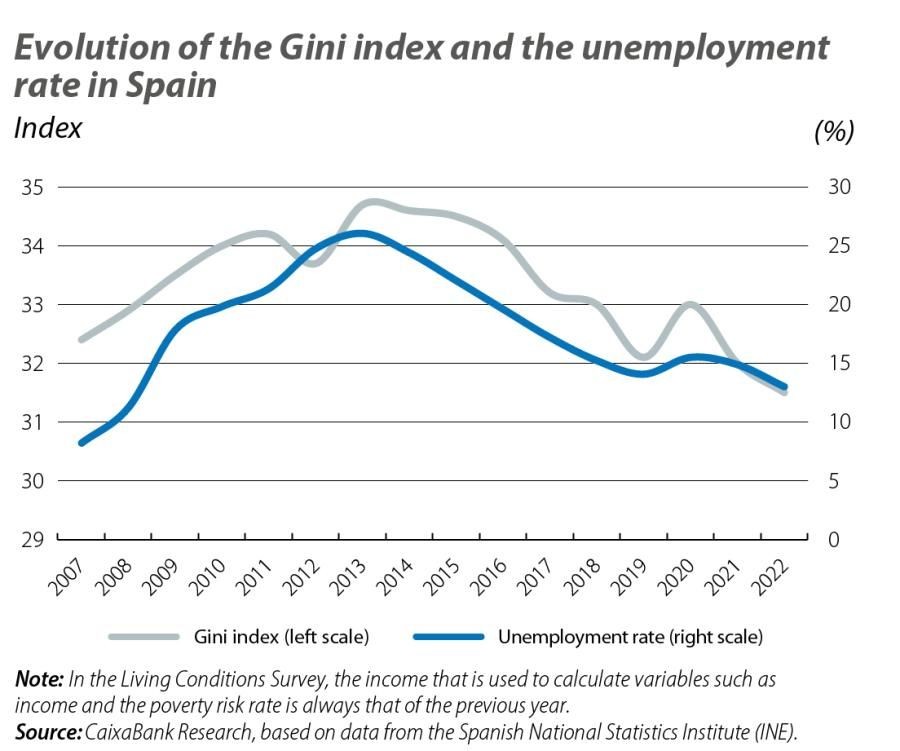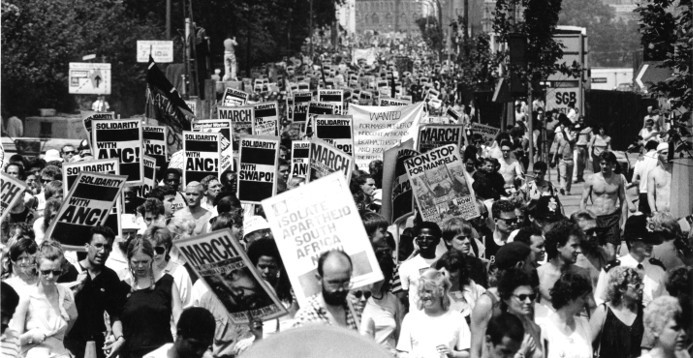The Millionaire Paradox: Why Americans Feel Poor Despite Record Net Worth
Federal Reserve data shows average US household net worth hit $1.06M in 2022, yet financial strain persists for many. The stark contrast between soaring average wealth and median worth of $192,900 reveals growing inequality as costs outpace income growth.
Healthcare Affordability Crisis Widens: Minority and Low-Income Americans Hit Hardest
New data reveals 35% of U.S. adults cannot access affordable healthcare, with Hispanic and Black communities facing the steepest declines in access. The crisis has driven $74 billion in medical debt as millions struggle to maintain basic care while sacrificing essential needs.
UK Report Warns Wealth Inequality Could Trigger Societal Collapse by 2034
A groundbreaking study by the Fairness Foundation and King's College London warns of potential societal breakdown in the UK within a decade due to escalating wealth inequality. The report, drawing on expert insights, identifies multiple crisis triggers and calls for urgent policy interventions to prevent catastrophic outcomes.
Major Minimum Wage Hikes Coming in 2025: Over 9 Million Workers to Benefit
Twenty-one states and 48 cities will raise minimum wages in 2025, impacting over 9.2 million workers across the U.S. The increases, driven by inflation adjustments and new legislation, will help workers facing poverty while highlighting the stagnant federal minimum wage.
Spain Defies Global Trend with Declining Income Inequality Over Three Decades
Spain has achieved a remarkable reduction in income inequality since 1990, contrasting with rising gaps in other developed nations. Government programs and policy measures have helped Spain maintain lower inequality levels, with the top 1% now holding 10% of total income compared to 20.9% in the US.
Wall Street Billionaires Exploit Medicare Tax Loophole, Paying Zero While Workers Pay Full Share
While average Americans contribute to Medicare through mandatory payroll taxes, wealthy Wall Street executives like Steve Cohen and Stephen Schwarzman have found ways to completely avoid these payments. The controversial tax strategy highlights growing inequities between working-class obligations and billionaire exemptions in America's healthcare funding system.
Labor Department Proposes End to Subminimum Wage Program for Disabled Workers
The U.S. Department of Labor plans to eliminate the decades-old practice of paying workers with disabilities below federal minimum wage over a three-year period. The controversial proposal, affecting around 40,000 workers currently earning as little as cents per hour, faces mixed reactions from disability advocates and lawmakers.
The Great Betrayal: How 1980s Economic Policies Decimated America's Working Class
The 1980s marked a pivotal shift in North American economic policy, deliberately dismantling working-class prosperity through aggressive deregulation and anti-labor measures. From record-high interest rates to union-busting, these calculated decisions transferred an estimated $50 trillion in wealth from workers to the affluent over four decades.
Mexico Imposes Prison Time for Employers Violating Work Hour Limits
Mexican lawmakers have enacted strict penalties, including imprisonment and hefty fines, for companies forcing employees to work beyond legal hours. The groundbreaking reform expands labor exploitation laws with enhanced protections for indigenous workers and positions Mexico as a leader in workplace regulation.
Rising Healthcare Costs Trigger Job Losses and Economic Ripple Effects Nationwide
A landmark study reveals how increasing healthcare prices are causing widespread job cuts and wage reductions across the US, with middle and lower-income workers most affected. Hospital mergers emerge as a key driver, with a 5% price increase leading to hundreds of lost jobs and millions in reduced wages.









